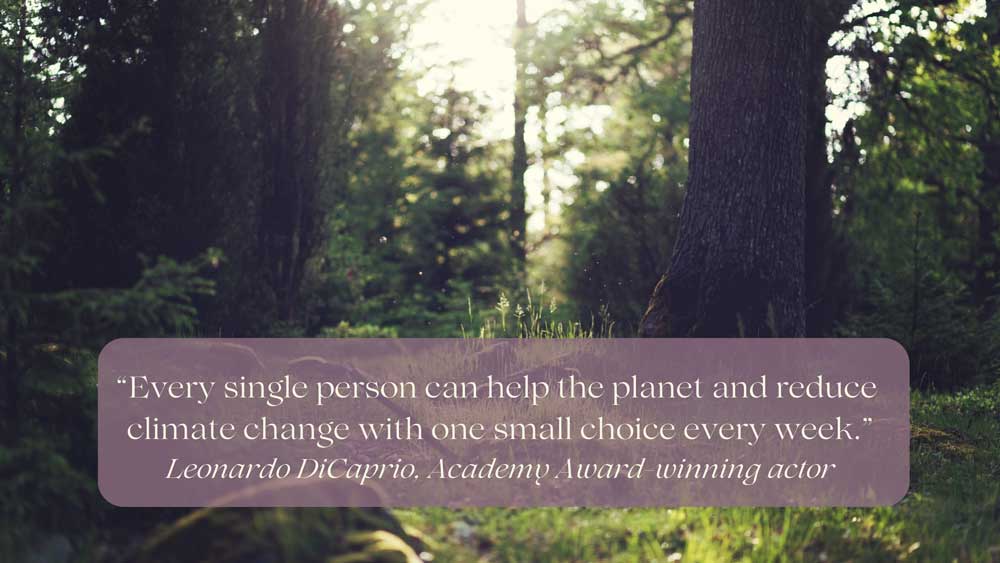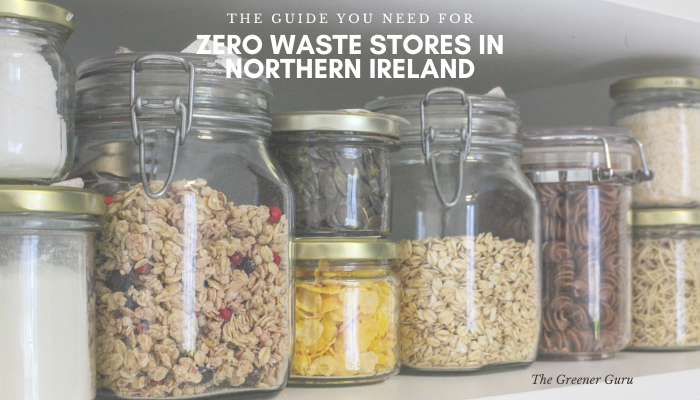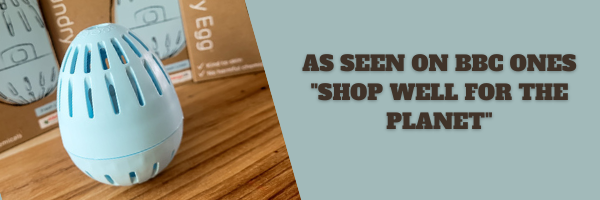The climate crisis is one of the most significant challenges facing humanity today, and it’s natural to want to take action to address it. One of the most common actions we think will help is buying sustainable swaps. This can be anything from buying reusable bags or reusable coffee cups to buying an electric car. While these actions are important, they are not the solution to the climate crisis.
The truth is that the biggest impact we can have on the climate crisis can come looking at the things we are not doing. Some of the most significant actions we can take include not eating meat, not flying, and to stop impulse buying non-essentials. Let’s take a closer look at each of these actions.
Firstly, not eating meat is one of the most effective ways to reduce our carbon footprint. According to the United Nations, animal agriculture is responsible for around 14.5% of global greenhouse gas emissions. This is more than the entire transportation sector combined. By reducing or eliminating our meat consumption, we can significantly reduce our individual carbon footprint. Yet for many, the suggestion of going vegan or even enjoying more vegan meals in their diet can seem preposterous.

It probably will come as less of a shock to hear that air travel is a significant contributor to greenhouse gas emissions. In fact, one single long-haul flight can produce more carbon emissions than an entire year of driving. By choosing not to fly or reducing our air travel, we can make a significant impact on our carbon footprint. Next time you are planning a holiday I want you to ponder if there are locations you can get to without flying. I would also strongly suggest watching “Race across the world” on BBC iplayer for inspiration on just how far you can go without flying (spoiler alert, the first season they go from London to Singapore without taking any flights!)
Lastly, impulse buying non-essentials is a habit that many of us have. Understandable when the amount of money companies are putting into marketing is larger than ever. They want you to feel like you need these non-essentials and that they will somehow make your life better. However, the production and transportation of goods has a significant impact on the environment. By reducing our consumption of non-essentials, we can reduce the demand for these products and reduce their overall impact on the environment. I’m not asking you to give up anything you need, just to put thought into what non-essentials we can perhaps avoid buying.
While making sustainable swaps is of course an important step towards reducing our carbon footprint, it’s not enough and only useful when we are actually replacing something. I mean, buying a cute tote bag can seem like a great susty swap but you actually need to use that bag hundreds of times to make its purchase worth it and if you already own a dozen reusables, is it really a sustainable purchase? It’s important to remember that the production and transportation of these eco-friendly products will have an impact on the environment. Additionally, sustainable swaps such as having a reusable water bottle may create a false sense of security that we’re doing out bit to address the climate crisis when, in reality, what we need is to make more significant changes to our lifestyles.
The reality is while sustainable swaps are important, they are not the solution to the climate crisis. To make a significant impact, we need to focus on the actions we can avoid taking. By making these lifestyle changes, we can have a significant impact on the environment and help address the climate crisis.


